For large energy users in Australia, the attractiveness of securing supply from a renewable energy project over a long contract term (say 10-15 years) is growing. Driven by high and increasing energy costs, volatile forward prices, rapid falls in renewable energy technology costs and corporate decarbonisation targets, the interest in corporate PPAs is further compounded by the failure of Government policy over many years to effectively manage the energy markets on behalf of consumers. As a result, many are now looking to proactively manage energy market risk themselves.
With the recent announcements of further policy changes at a Federal level creating another round of uncertainty, corporate PPAs can provide cost certainty for managing energy budgets, as well as supporting carbon reduction commitments. In this article, we consider the corporate PPA opportunity which we particularly expect to take off in 2018-19.
Hedging against energy cost risks
A well-structured corporate PPA with an appropriate contracting and pricing model can yield significant savings in the short term and provide an ongoing hedge against future price volatility in the longer term, which is an attractive proposition in the current energy market.
Despite the Federal Government’s best efforts, the renewable energy market in Australia is booming with both behind the meter and utility scale projects being deployed at record levels. Utility scale project developer activity is substantial with >21GW of projects in the pipeline. Only ~25% of this capacity will be required to meet the RET which is likely to result in a buyer’s market for offtake contracts in 2018-19 as developers compete to maximise their revenue under the RET. However, as wholesale electricity prices have increased and with the falling futures price of LGCs beyond 2020, the electricity component of a corporate PPA is now more important than the LGC price as this delivers more of the financial benefit to an off-taker.
We have also seen a number of barriers to the execution of corporate PPAs with a major issue being that client-side transaction teams, encompassing Sustainability, Energy, Procurement, Legal, Risk, Strategy, Treasury and Finance are often unfamiliar with the workings of energy markets. Many large energy users have been passive participants contracting periodically with their retailer and have never been exposed to long term PPAs and their complexities. When considering a corporate PPA with a term of 10 years or more, it is essential that it is assessed within an overall energy procurement strategy and an overarching energy management and sustainability plan.
Understanding these dynamics and how to structure contracts to maximise benefits and mitigate risk is where Energetics has developed market leading IP to support client decision making.

Understanding the whole energy value chain is key to a successful corporate PPA
Energetics’ client base represents a cross section of large energy users with spends in the order of $10-500m on electricity. Many of our clients are evaluating the potential benefits and risks associated with entering into long term PPAs. We are currently working on a number of large >100GWh corporate PPA transactions and have been advising clients in this space for the last two years. During this time the market has evolved considerably both in terms of retail energy prices, contracting models and the offers available from renewable energy projects developers and/or retailers.
Through our exposure to projects such as the City of Melbourne-led MREP project, Sydney Metro Northwest and Monash University, we know it is critical to have a detailed appreciation of the complete value chain encompassing developers, technology providers, aggregators/buying groups, banks/financiers and retailers enabling us to advise clients on how to successfully contract a corporate PPA and manage the inherent risks.
If you are considering using corporate PPAs, Energetics can support your organisation throughout the process, from evaluating the business case, preparing specifications, procurement strategies, tender management, evaluation, due diligence, contracting and negotiation. Next week as part of this mini-series on Corporate PPAs we will be examining the range of risks and mitigation considerations needed to deliver the full benefits available. Please contact any one of our experts for more information.



